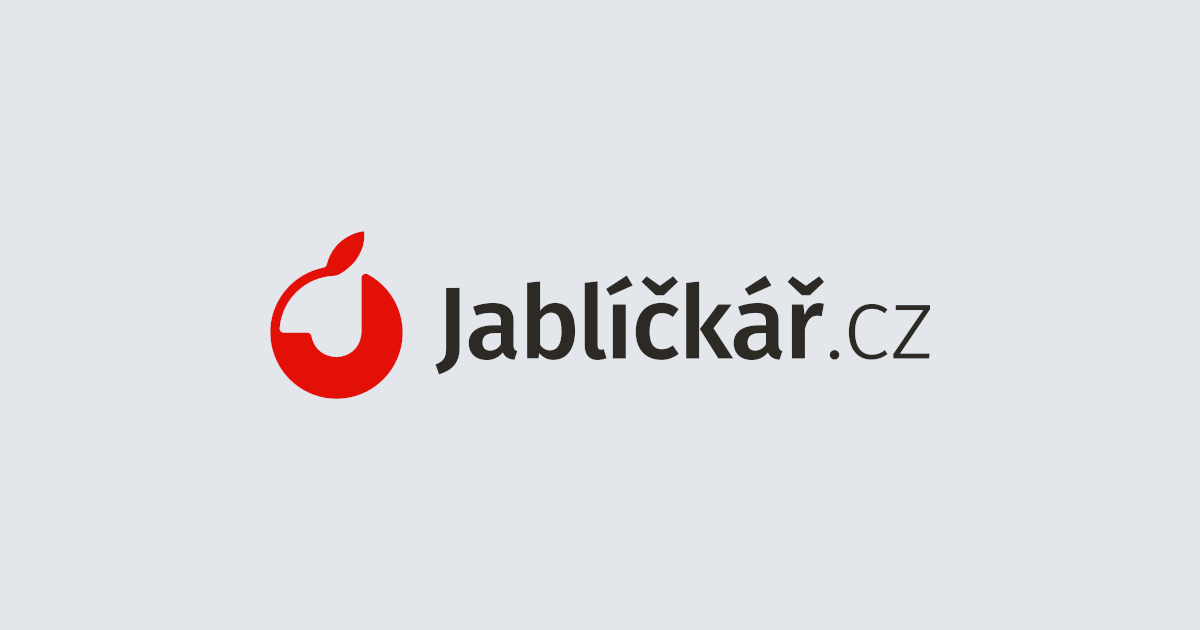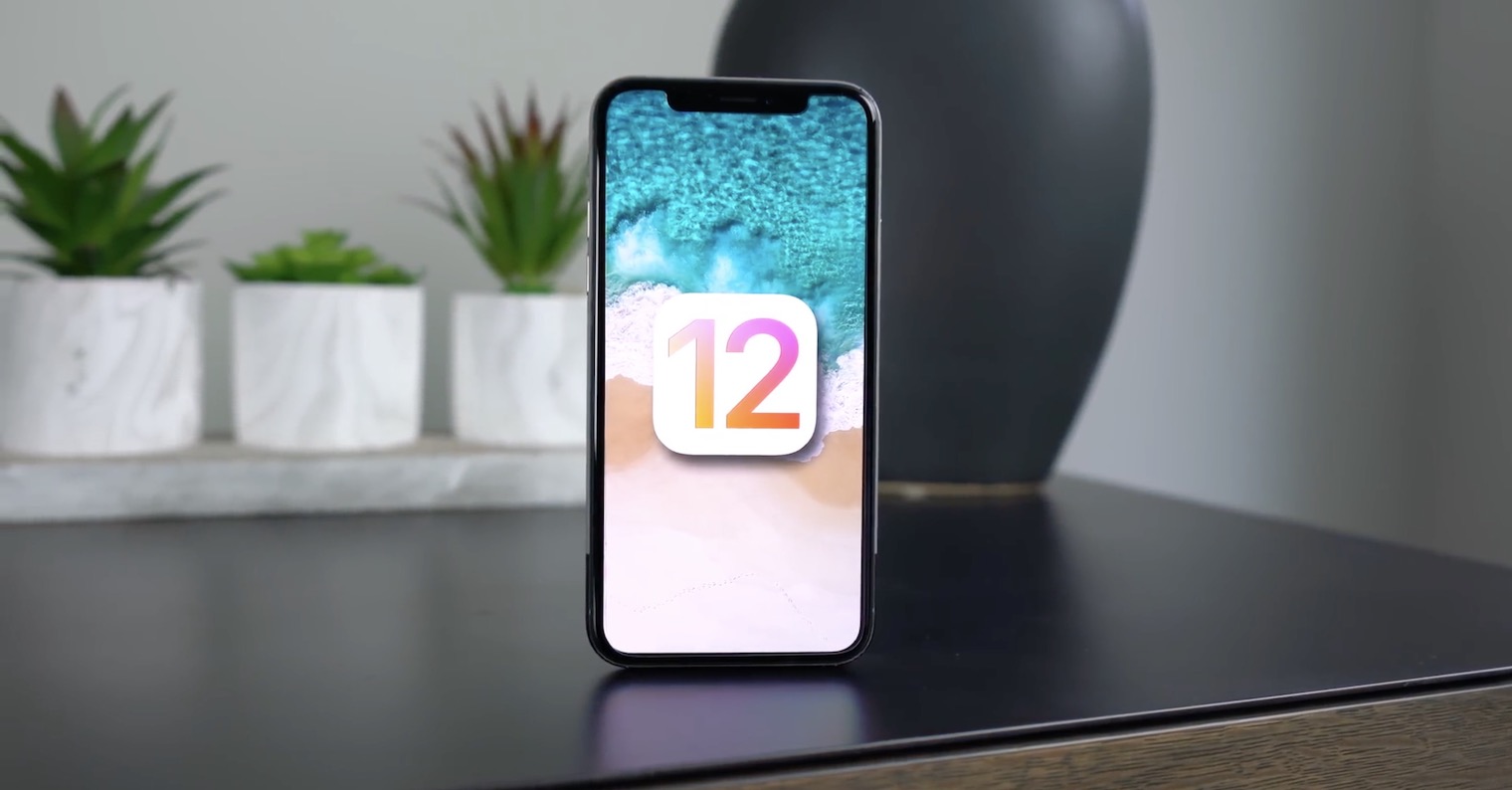When I heard about this time last year that Apple would be releasing the upcoming iOS 11 for the 1st generation iPad Air as well, I was excited. I was looking forward to the news that was supposed to come with the new version of the operating system, and I was also happy that my iPad would be supported for a few more days that Friday. After the release of iOS 11, there was a significant sobering up, and from a piece of hardware that was used all the time, it gradually became a dust collector. That all changed with the arrival of the iOS 12 beta.
It could be interest you

The information in Perex is perhaps a little dramatized, but it was not that far from reality. I've had my iPad Air for over four years now and I can't let it go. For a long time it was the most used piece of hardware I ever had and I used to do a lot of things on it. However, with the arrival of iOS 11, the iPad, which had been relatively nimble until then, became unusable, and none of the subsequent updates helped the situation. The amount of slowdown, constant stuttering, drops in FPS animations, etc. slowly drove me to the point where I almost put the iPad down and use it minimally (compared to what I was used to before). Gradually, I began to get used to the fact that I no longer have an iPad, because the several-second jams when typing on the keyboard were insurmountable.
When Apple announced in January that it would focus on optimization rather than new features in iOS 12, I didn't pay much attention to it. I took my iPad as an end-of-life device, and the iPhone 7 didn't seem old enough to need any optimizations. This week it turned out that it couldn't be more wrong...
It could be interest you

When Apple unveiled iOS 12 at WWDC on Monday, I was intrigued by the optimization information. According to Craig Federighi, especially older machines should benefit from the optimization. So I installed the test version of iOS 12 on my iPad and iPhone last night.
At the very first glance, this is not a significant change. The only clue that indicates any changes is the move of the selected information from the right to the upper left corner (i.e. on the iPad). However, it was enough to start scrolling through the system and the change was clear. My (five years old in the fall) iPad Air seemed to come alive. The interaction with the system and the user interface was noticeably faster, the applications subjectively loaded faster and everything was much smoother than what I was used to in the last three quarters of a year. An unusable machine has become a device that is not only very usable, but above all, it doesn't drink my blood because it is completely obviously not keeping up.
It could be interest you

There was also a big surprise in the case of the iPhone 7. Although it is not old hardware, iOS 12 runs significantly better than the previous version. We have a few reasons why this is the case in the article linked above, and it seems that Apple's programmers have done a really good job.
Unfortunately, I am unable to demonstrate any empirical evidence to you. I did not measure loading delays and general slowness of the system in the case of iOS 11, and the measurement in iOS 12 is meaningless without data for comparison. Rather, the goal of this article is to bait owners of older iOS devices into what's coming this September. As Apple said, it did. The optimization processes have obviously succeeded, and those who have had their iPhones and iPads for a few years will benefit from it.
If your current device annoys you and feels desperately slow, try waiting for iOS 12, or you can still recommend a battery replacement at a discounted price, which will also breathe new life into the product. Apple will please a huge number of its fans in September. If you don't want to wait, you can find instructions for installing iOS 12 <a href="https://cdn.shopify.com/s/files/1/1932/8043/files/200721_ODSTOUPENI_BEZ_UDANI_DUVODU__EN.pdf?v=1595428404" data-gt-href-en="https://en.notsofunnyany.com/">here</a>. However, keep in mind that this is beta software.
I also have the same experience. I basically stopped using the iPad Air with iOS 11. I was about to sell it, but I tried iOS 12 and it really is a big change for the better. The only thing he needs is a new battery. Where can it be purchased at a discounted price?
You are comparing incomparably, I realized this when rereading the sentence where you talk about the impossibility of comparing ios11 with ios12 without data. It is a big difference to compare pure ios in general and ios with data after 5 years of use. Please reinstall ios11 but don't restore from backup, you will also have a fast device. So, if you're switching to ios12, restore the previous 5-year backup and then share your feelings and experiences.
Not much difference - "ios pure" vs "data". It's the same, performance is reduced by applications running in the background and the like, but with the correct settings, recovery will no longer help you.
You might be confusing that with Android. Nothing like that happens on iOS.
But he acts, he acts. Martin is not mistaken. Just as an example of the Notes app. With ten notes the launch is lightning fast, with a hundred notes the launch is significantly slower. The same applies to Numbers, Pages, etc., or for any application working with a lot of files. And when switching them.
But I understand that iOS12 will probably be faster than iOS11 with the same amount of data. Due to the multi-level optimizations made.